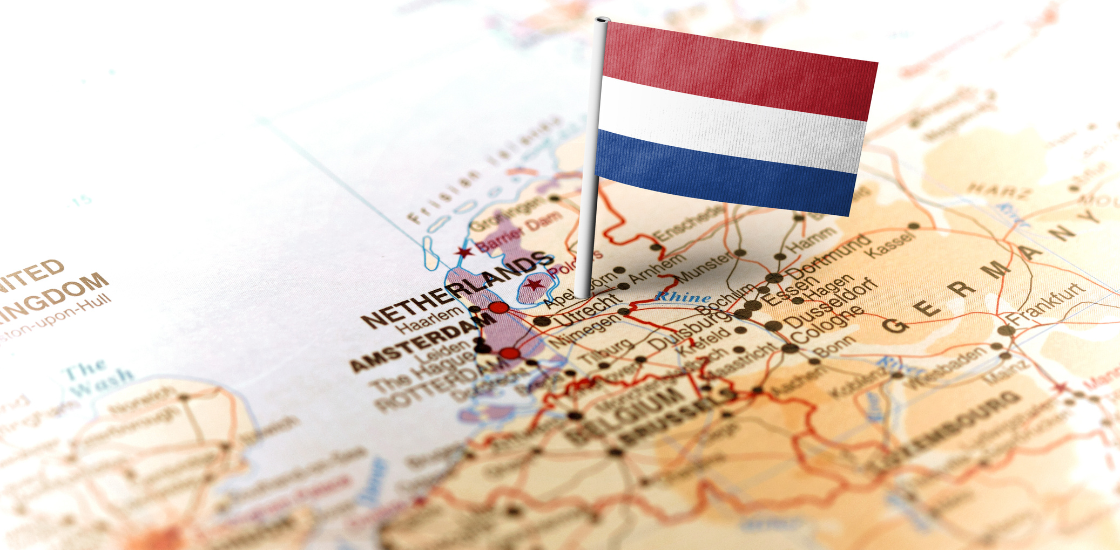Dutch Government Defends Curaçao-Malta Tax Treaty Amidst Parliamentary Scrutiny
The Dutch government stood firm in support of the proposed Curaçao-Malta tax treaty amid parliamentary scepticism on Monday, June 3.

Addressing Concerns Over Online Gambling Profits
The government attempted to assuage concerns that the tax treaty would unduly benefit online gambling operators and facilitate the funneling of profits abroad. The treaty, which was agreed upon by Malta in 2015, is designed to prevent both tax evasion and double taxation between the two offshore gambling hubs.
While the agreement was initially expected to pass without issue in February, its progression was delayed after several parliamentary parties sought a plenary debate. Members of the House of Representatives’ Finance Committee, including representatives from the NSC, PVV, BBB, and VVD, posed numerous questions to the Ministry of Foreign Affairs regarding the treaty’s specifics.
One key concern raised by the NSC was the potential benefit the treaty might offer to the gambling industries of the involved countries. The government responded by acknowledging that operating gaming businesses would indeed benefit from the reduction of economic barriers, similar to other economic activities. They further clarified that the treaty aims to provide long-term fiscal certainty for investors by delineating taxing powers between the two islands.
Preventing Profit Channelling
Another critical query from the NSC focused on whether the treaty would create avenues for gaming operators to channel profits to third countries. The Ministry of Foreign Affairs emphasized that the treaty does not facilitate profit transfers to third parties without tax obligations. Instead, it is designed to prevent double taxation on the same income.
To illustrate, the Ministry provided an example involving a payment from a Curaçaoan to a Maltese resident. Under normal circumstances, the Malta-based individual could invoke the treaty to avoid being taxed by both countries on the same income. The Ministry stated, “Tax treaties are intended for this purpose and thus aim to strengthen international investments and economic activities. In principle, this contributes to the economic growth of the countries involved.”
Economic Implications of the Treaty
The government highlighted that tax treaties, such as this one, are fundamental in fostering economic growth by providing a stable and predictable fiscal environment. By clearly defining tax obligations and preventing double taxation, these treaties encourage investment and economic activities across borders.
Despite these assurances, several parliamentary parties remained cautious. They requested detailed information about the size of the gambling industries in Malta and Curaçao, seeking to understand the full scope of the treaty’s impact. The government reiterated that the primary goal of the treaty is to eliminate economic barriers and provide fiscal clarity, which would ultimately benefit both nations involved.
